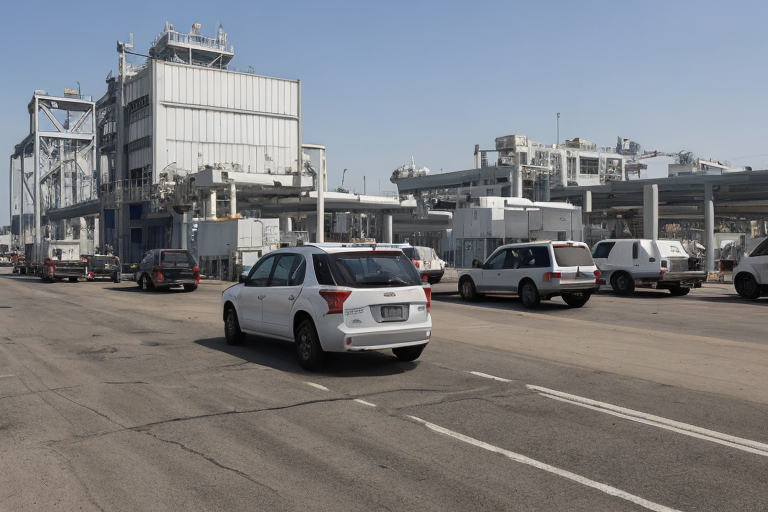According to recent reports and sources, the Biden administration is planning to impose significant new tariffs on various imports from China, including electric vehicles, semiconductors, solar equipment, and medical supplies. These tariffs, which may quadruple in some cases, are set to be announced as early as next week and represent a key component of the Biden administration’s broader strategy to protect the US against supply shortages caused by the COVID-19 pandemic. Specifically, tariffs on electric vehicles could increase from the current rate of 25% to 100%, while tariffs on medical equipment imports remain unclear. The decision follows growing concerns among officials across the democratic administration regarding China’s manufacturing “overcapacity” in these products, which they argue pose a threat to US jobs and national security. Some experts suggest that this move carries political weight heading into the November presidential election, given both Biden and his potential Republican challenger, former president Donald Trump, have emphasized their commitment to being tough on China, the world’s second-largest economy after the US and an emerging geopolitical rival. However, there is some risk that these tariffs could spark a broader trade conflict between the US and China, as they respond to each other’s measures. The Biden administration’s industrial strategy has involved utilizing government financial support to attract private investment in new factories and advanced technology while restricting certain sales of computer chips and other equipment to China. As the US and Western countries increasingly criticize China’s efforts to develop technological superiority and move up the economic ladder, some experts suggest that China may be scaling back its production of lithium-ion batteries used in electric vehicles, cellphones, and other consumer electronics. This development comes amidst growing criticism from the West. Meanwhile, US Trade Representative Katherine Tai is currently reviewing Trump-era tariffs, with some Republican lawmakers urging her to conclude the process swiftly. Lastly, the Biden administration intends to investigate Chinese-made “smart cars” that can collect sensitive information about Americans driving them due to their perceived national security risks. The Commerce Department initiated a proposed rulemaking in February that aims to examine the risks associated with connected vehicles from China and other hostile countries. Treasury Secretary Janet Yellen, during a recent trip to Beijing, acknowledged that Chinese government subsidies have facilitated rapid expansion in sectors such as electric vehicles and solar energy equipment, which the US administration is attempting to promote domestically. She argued that China’s manufacturing capacity now exceeds the global demand, potentially shifting world prices and jeopardizing the viability of foreign firms.

Biden Administration to Impose Quadrupled Tariffs on Chinese Imports, Including EVs and Medical Supplies
•
Recent Posts
Advertisement
Advertisement example


Leave a Reply